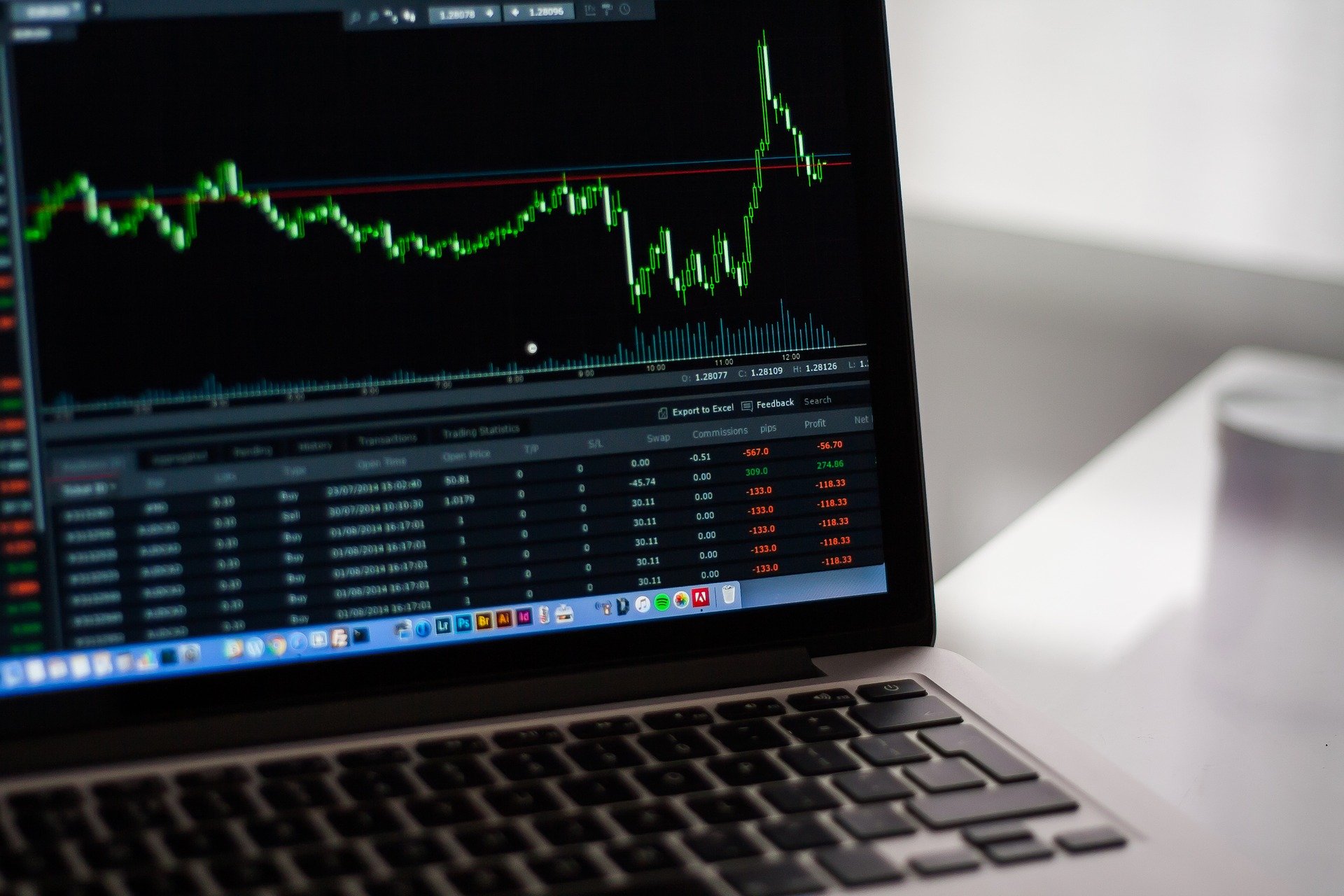EQUITIES
Asia-Pacific markets were mixed Thursday as investors digested the U.S. Federal Reserve’s meeting outcome. Hong Kong’s Hang Seng index slipped 0.75%, while Shanghai composite was up 0.28%.
Japan’s Nikkei 225 jumped 1.66%, the KOSPI in South Korea advanced 0.20%, the S&P BSE Sensex in India added 0.70%, and the Straits Times index in Singapore rose 0.10%,
In Australia, shares struggled for gains. The benchmark ASX 200 was down 0.43%.
OIL
Oil prices rose on Thursday as the weekly EIA oil inventory report showed demand for petroleum products hit a record high, crude exports bounced back, and national crude stocks posted a larger-than-expected draw.
The Brent now traded at $74.64 per barrel, and U.S. crude futures traded at $71.70 per barrel.
Overnight, the Brent futures ends at $73.88 a barrel, while the WTI crude oil prices closed to $70.87 per barrel.
CURRENCIES
The dollar index, which measures the currency against six peers, was last at 96.416. The dollar paused for breath on Thursday, having given up a brief rally made after the U.S Federal Reserve said it would end pandemic-era bond purchases in March, as investors awaited imminent decisions from other major central banks.
Investors are now sitting tight ahead of meetings from the ECB, the BoE, the BoJ, and others before firming up their positions at the end of a busy week for central banks.
Ten-year U.S. Treasury yields edged up to 1.472%, adding to Wednesday's advance.
GOLD
Spot gold edged higher on Thursday, rose 0.26% to $1,781.90 per ounce, and U.S. gold futures jumped 1.04% to $1,782.80.
Spot silver rose 2.85% to $22.16 an ounce, platinum advanced 2.21% to $914.00, and palladium jumped 7.82% to $1,673.00.
ECONOMIC OUTLOOK
Asian markets traded higher on Thursday, tracking Wall Street's risk-on mode in reaction to the U.S. Federal Reserve’s hawkish statement. The U.S. Fed said it would end bond-buying stimulus in March to set up three interest rate increases next year to tackle heated inflation.
Following its two-day policy meeting, the Fed said it will accelerate the reduction of its monthly bond purchases — the central bank will be buying $60 billion per month of bonds starting in January, down from December’s rate of $90 billion, and said that it will likely continue that trajectory in the months ahead.
Inflation and higher interest rates have become a major concern on Wall Street in recent months. Data on Tuesday showed PPI increased more than expected in the 12 months through November, clocking their largest gain since 2010. Last week's CPI data showed the biggest gain in almost four decades.
Attention now turns to policy announcements later Thursday from the ECB and the BoE, which are also facing heated inflation. The banks are trying to balance the need to support economies threatened by the coronavirus with the need to withdraw easy money to cool inflation.













